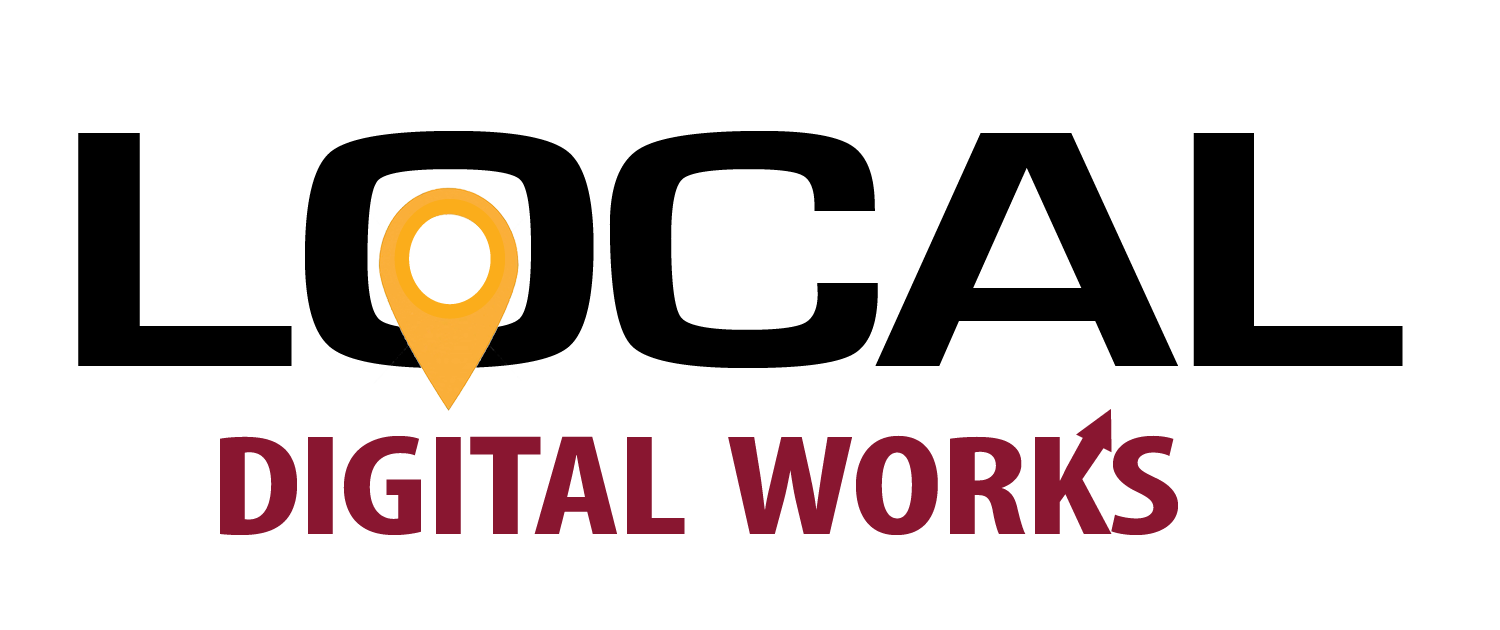SEO Services
SEO Services
SEO (Search Engine Optimization) is the process of making changes and adjustments to your website design and content in order to help it appear in the search engines. By optimizing your website for search engines, you can increase your visibility in the organic, or unpaid SERP (search engine results page). The strength of search engine optimization and driving organic traffic is very clear… Optimizing your pages for SEO is going to be even more important in 2023 as organic search continues to rise above other search traffic.
When people need information, they turn to a search engine to find answers. So, how does the search engine display thousands and thousands of websites or web pages? Search engines perform two functions: crawling and indexing. This is how search engines gather information that end up on the search engine results page (SERP.) By the way, only publicly available pages are crawled. Crawlers find domains and sites, then “crawl” pages by going from page to page (link to link) “indexing” all kinds of information. Each search engine crawler indexes at different times and rates, paying particular attention to new sites and changes to existing ones.

SEO is divided into two categories
On-Page Optimization
Also known as “On-Page SEO” refers to all measures that can be taken directly within the website in order to improve its position in the search rankings. Examples of this include measures to optimize the content or improve the meta description and title tags of your website.
Off-Page Optimization
Also known as “Off-Page SEO” embodies any efforts taken outside of a website to improve its search engine rankings. Link building is a big part, but it goes beyond that. Google takes into account many off-page factors when deciding if and where to rank web pages.

Top Search Engines: Google, Bing & Yahoo
How search engines crawl websites
Think of search engines as tourists with only a road map to explore the area. The map is the only reliable source of information to locate attractions in the country. The internet functions as the map, and websites are like the attractions. Search engines send crawlers through every website online. Crawlers are small programs that identify and report web page components. They gather data about the websites and index the information under separate categories and keywords, creating a list of sites that meet the query’s criteria.
How websites are indexed
Search engines use their own proprietary algorithms to index sites. While some engines prefer sites with a lot of backlinks, others prefer older domains, and some prioritize social linking and related activities. Search engines regularly change their algorithms to keep up with searcher’s demands and use feedback to provide better results than their competitors.
TIP: It’s important to allow, or even help search engines easily crawl your website. It can mean the difference between higher and lower SERP (search engine results page) rankings. Site structure will be key and luckily, search engines like Google and Bing provide site owners a few options to help them crawl your website: sitemaps and a file called “robots.txt.”
A sitemap is a list of available pages crawlers love to use. They enable search engines to easily index pages that point back to a site so searchers can find them. Sitemaps make it easier to crawl websites and pages, so they need to be search engine-friendly. The second method to help search engines crawl your site is using a file Robots.txt., this document promotes stronger search engine optimization opportunities and lets site owners give instructions to search engine crawlers. They can direct how to process individual pages or even notify Google and Bing which pages should not be crawled (and indexed.)
Search engine algorithms
Search engines like Google, Bing, Yahoo, DuckDuckGo, etc., use different algorithms to help determine which sites are the best matches for a search query. Some measure a site’s popularity, the amount of time people spend on a site, or content quality and site authority. Each of these factors give search engines a full-spectrum view into how valuable your website content is and how relevant it is to a user’s search query. Google has a few, well-known algorithms with quirky names like Google Panda, Hummingbird, Pidgeon, Pirate, Payday, and more. Each algorithm serves a particular purpose. Some algorithms like Panda and Hummingbird, focus on content quality while others like PayDay concentrate on cleaning up search results for traditionally “spammy” searches (think, “payday loan,” “credit loan” and other spammed keywords.
Several other factors go into these algorithms, and search engine technicians and engineers are always updating and tweaking them to improve the quality of the results. If you’re interested in Google’s algorithm change history, Moz SEO does an excellent job tracking Google’s algorithm updates by year, including any recent ones. Most search engines follow the general search parameter of the most popular search engine, Google, but it’s important to be aware of each engine’s algorithms.
Improving search rankings
Search engines value websites that have the features their algorithm prioritize. Sites with strong backlink quality, social interactions, and content quality rank well on SERPs. “Quality” can be vague, so here are a few quality attributes content-based algorithms to look for:
• Original, high-quality, useful and compelling content (copy, visuals, media, documents/files, etc.)
• At least 500 words and contains (intelligently used) keywords or phrases.
• Written for human readers first, not for search engines (over-optimized and keyword stuffed).
• Trendy, newsworthy and highly informative.
• Human interest stories that inform or teach.
• Press releases that encompass the above.
TIP 1: Over-optimized pages – those that are designed specifically for rankings and not for readers – actually have problems ranking well, so you need to write the majority of your content for people and not for Google, Bing or Yahoo. Additionally, search engines want to return the most current and up-to-date information to users, so their algorithms look for updated pages with fresh content.
TIP 2: Google’s Panda and Penguin updates changed search engine optimization (SEO) by adding social signals to their algorithm. The more social activity, the better. Supporting information with social links (Facebook, Twitter, LinkedIn, etc.,) can help pages rank higher.
Wrap up
The key to high rankings is to give the search engines exactly what they want. Include compelling content that captures the reader’s attention so they will stay on your site. Make sure that the content you present is peppered with social linking so that people can share it. Focus on fresh, newsworthy and trendy information, and you’ll be well on your way to higher rankings.
Article written by June Parent
SEO GLOSSARY OF TERMS
Glossary of Terms
Internet Safety 101. Making the internet safer.
SEO Theory
SEO practices and techniques. Industry news and more.
SEO Glossary
How to better understand the world of internet marketing.
Ultimate SEO Glossary
Digital marketing and SEO glossary. Enjoy this info.

